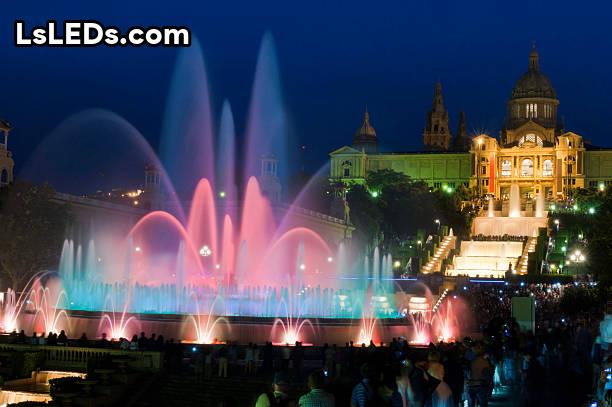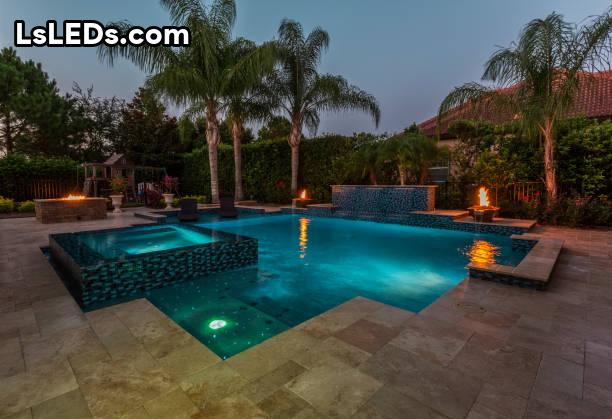
There are a lot of water resistant lights. They are fully submerged in water if they aren’t near salt. We have a range of products that comply with it and can be put to use in water intensive areas.
Table of Contents
Do LED lights need to be waterproof?
The answer is almost certainly yes if you plan on using your Strip Lights in a kitchen, bathroom, or outside area. You don’t need to waterproof yourLED Strip Lights in most situations. The plastic coating on the Strip Lights is called an Intellectual Property rated coating.
Can I put non waterproof LED strip lights in my bathroom?
You don’t need as much of a budget if you purchase non-waterproof LEDs directly. If you want to install strip lights in your kitchen, bathroom, or other place where there are a lot of splashes of water, we recommend that you purchase lights that have a protection level of 65.
Why do LED lights need to be waterproof?
You should use a strip with a waterproof coating if there is a chance that your lights will come into contact with water. This protects the light from getting wet and causing a short circuit.
Are LED lights bad for your eyes?
The answer is no, they will not hurt your eyes. There is a concern about the blue light used in the bulb. It’s only a problem for people with existing eye conditions. The same amount of blue light is used by our phones, computers, and tablets.
Are LED lights good for bathrooms?
The use of LEDs for bathroom lighting has become viable. The color temperature of 2700K to 3000K is recommended for a CRI of 90 or higher. It is important to pay attention to the brightness of the LEDs.
Are LED lights safe in bathrooms?
It’s perfectly fine to use ordinary light fittings in a bathroom if you follow some simple guidelines, despite the fact that there are safety regulations for electric light fitting near water. Any standard lights can be used outside of those zones.

Can humidity damage LED lights?
There is a direct correlation between temperature and humidity. It is possible to lower the light output and cause premature failure if you operate anLED above the maximum temperature recommended by the manufacturer.
Is humidity bad for LED lights?
Performance degradation is related to humidity in electronic devices. The relative humidity decreases due to the use of heat pipes and fans.
Does moisture affect LED bulbs?
There is no effect on the performance of your light. There are small droplets of water on the inside of a light on the lens when condensation occurs.
Can LED lights get damaged?
According to a 2012 Spanish study, the damage to the eye can be caused by light emitting devices. The French Agency for Food, Environmental and Occupational Health and Safety (ANSES) warned of the dangers of blue light exposure in a report published in 2019.
Can LED lights get overheated?
Most other types of bulbs emit light from a vacuum. One of the reasons for a bulb to start a fire is over heating, but that is not likely to happen withLED lights. They produce light at a lower temperature than other bulbs, which makes them feel hot to touch.
What happens if LED lights get wet?
Will water ruin LED lights?
The circuit board will be damaged if non-waterproof LEDs are exposed to water for a long period of time. Make sure to buy a waterproof fixture for direct contact with water.
Can my LED lights catch fire?
Even though they are hot to touch, led strip lights are not likely to catch fire. Incandescent bulbs emit excessive heat, the light sources can ignite a fire on overheating, but as the light source produces light at a lower temperature, they don’t catch fire as easily.
What is a wet LED light?
Wet ratedLED bulbs are installed in fixtures that have been designed to be impervious to the effects of water. The electrical parts of the fixture need to be waterproof. Damage and power shortages can be prevented by this.
What is IP in LED lighting?
There are different Ingress Protection ratings for indoor and outdoor light bulbs. The measurement of protection that the light will have against water, dust, and other objects is called the Intellectual Property rating. The protection against water is implied by the second number.
